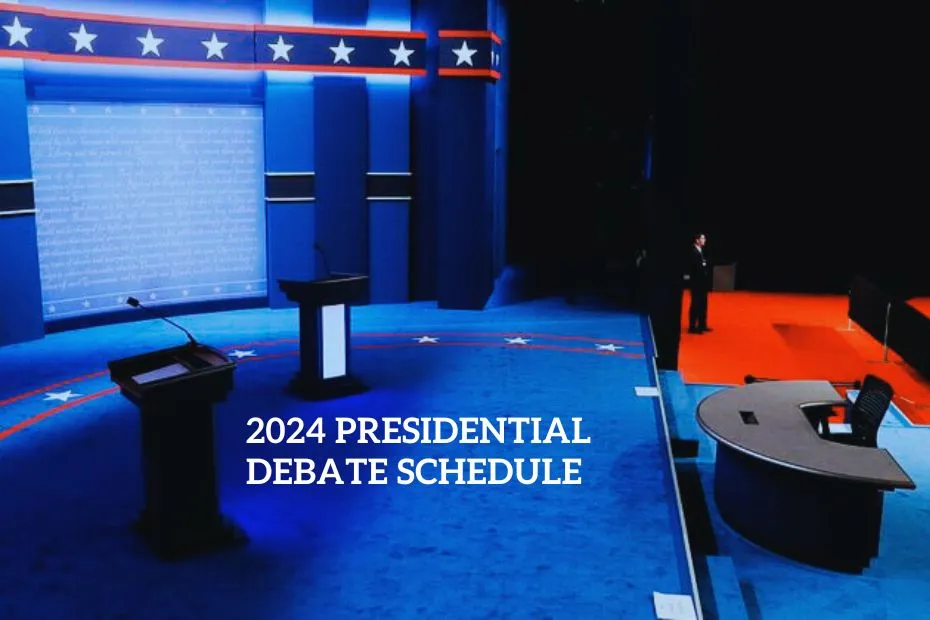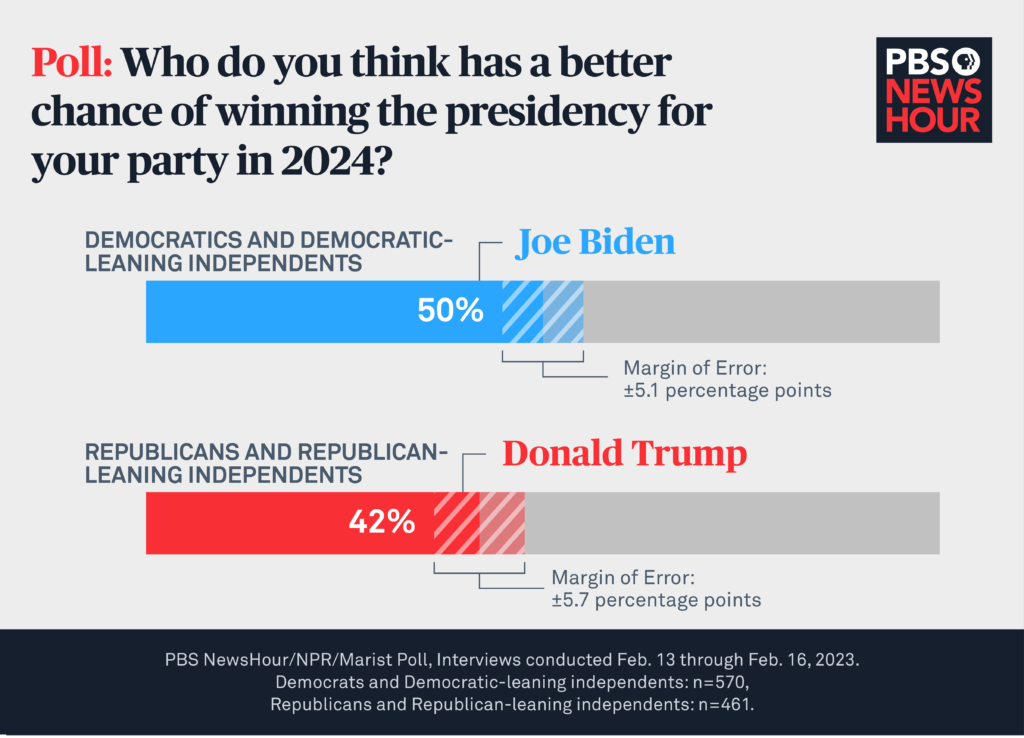Debate Schedule and Format

The upcoming presidential debates will be crucial events in the electoral process, offering voters the opportunity to directly compare the candidates’ positions on key issues. The debates are carefully structured to ensure a fair and informative exchange of ideas.
Debate Schedule and Locations
The following table Artikels the scheduled dates, times, and locations of the upcoming presidential debates:
| Date | Time | Location |
|---|---|---|
| [Insert Date] | [Insert Time] | [Insert Location] |
| [Insert Date] | [Insert Time] | [Insert Location] |
| [Insert Date] | [Insert Time] | [Insert Location] |
Debate Format
The format of the debates will be standardized to ensure a consistent and structured discussion. Key elements include:
- Number of Participants: The debates will typically feature the two major party candidates, with the possibility of including third-party candidates depending on their poll standing.
- Moderators: Experienced journalists or political commentators will moderate the debates, guiding the discussion and ensuring fair treatment of all participants.
- Rules Governing Discussion: The debates will follow a set of rules, including time limits for responses, the use of opening and closing statements, and the format for audience questions.
Topics to be Covered
The debates are expected to cover a wide range of topics relevant to the current political landscape and the candidates’ platforms. Key issues likely to be discussed include:
- Economy: The state of the economy, job creation, inflation, and economic policies will be central to the discussions.
- Healthcare: The affordability and accessibility of healthcare, the role of government in healthcare, and specific proposals for reform are likely to be debated.
- Climate Change: The candidates’ positions on climate change, environmental policies, and energy independence will be scrutinized.
- Foreign Policy: The candidates’ approaches to foreign policy, including national security, international relations, and military intervention, will be discussed.
- Social Issues: Issues such as abortion, gun control, immigration, and LGBTQ+ rights are likely to be addressed.
Impact and Significance of Debates: Presidential Debate Dates

Presidential debates are pivotal events in the American political landscape, serving as a crucial platform for candidates to engage in direct dialogue with the electorate and showcase their qualifications for the nation’s highest office. These televised encounters hold significant sway over public opinion and voter decisions, shaping the course of the election and influencing the future of the nation.
Impact on Public Opinion and Voter Decisions
Presidential debates have a demonstrable impact on public opinion and voter decisions. They provide voters with a direct comparison of candidates’ stances on critical issues, their communication skills, and their overall demeanor. Research has shown that debates can sway undecided voters and reinforce existing opinions.
- A study by the Pew Research Center found that a significant percentage of voters reported that debates influenced their vote choice, particularly among those who were undecided or less informed about the candidates.
- The 2016 presidential debates, for example, are widely considered to have had a significant impact on the outcome of the election. The first debate, which was widely perceived as a victory for Hillary Clinton, saw a surge in her poll numbers. However, subsequent debates, particularly the second debate, which was dominated by controversies surrounding Donald Trump, shifted the momentum in his favor.
Impact on Campaign Strategy, Presidential debate dates
Debate performance can significantly impact a candidate’s campaign strategy. A strong performance can boost a candidate’s momentum, increase media coverage, and generate positive public sentiment. Conversely, a poor performance can damage a candidate’s credibility, lead to negative press coverage, and erode public trust.
- Candidates often tailor their campaign strategies to capitalize on their perceived strengths and address their weaknesses revealed during debates. For instance, a candidate who excels in foreign policy might focus on highlighting their expertise in this area during the debates, while a candidate who struggles with economic policy might choose to focus on other issues.
- Debates can also influence the allocation of campaign resources. A candidate who is gaining traction after a successful debate might choose to invest more resources in advertising and outreach efforts, while a candidate who is struggling might need to re-evaluate their strategy and allocate resources more strategically.
Contribution to National Discourse and Political Polarization
Presidential debates contribute to national discourse by providing a platform for candidates to articulate their visions for the country and engage in substantive discussions about pressing issues. They also serve as a catalyst for public dialogue and debate, encouraging citizens to engage with the political process and form informed opinions.
- However, debates can also exacerbate political polarization. The highly partisan nature of American politics often leads to candidates engaging in heated exchanges and making inflammatory statements, which can further divide the electorate and create an atmosphere of hostility.
- The 2020 presidential debates, for example, were marked by significant acrimony and personal attacks between the candidates. These exchanges, while perhaps entertaining for some viewers, did little to advance substantive policy discussions and may have contributed to the growing polarization of American society.
Presidential debate dates are crucial for understanding the political landscape. These events allow voters to see candidates in action and compare their stances on important issues. The concept of debate itself has a long history, and you can learn more about the evolution of debate in the abc debate , which delves into the historical roots and modern implications of this critical form of political discourse.
By understanding the history of debate, we can better appreciate its role in shaping our political process and the importance of the upcoming presidential debate dates.
Presidential debate dates are important for voters, as they provide a platform to compare candidates’ positions on key issues. It’s interesting to note how events like tropical storm debby hurricane can sometimes overshadow political events, reminding us of the importance of preparedness and resilience.
Once the storm passes, however, voters will likely refocus their attention on the upcoming debates and the candidates’ plans for the future.
